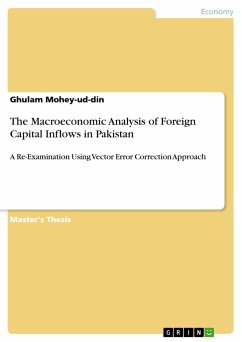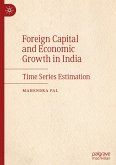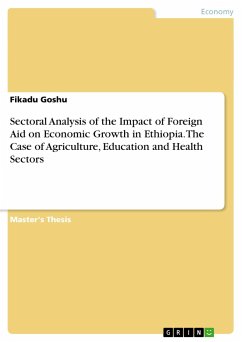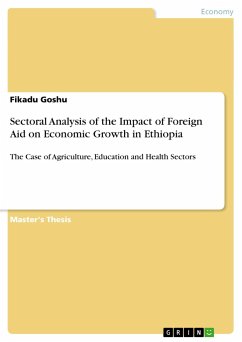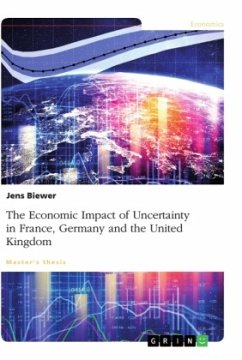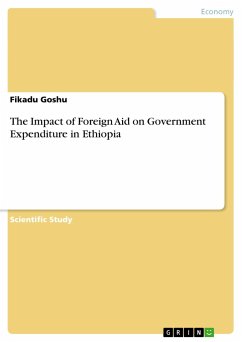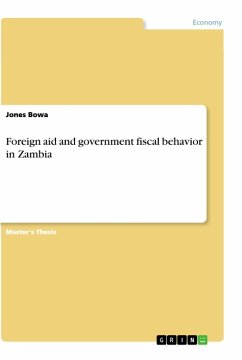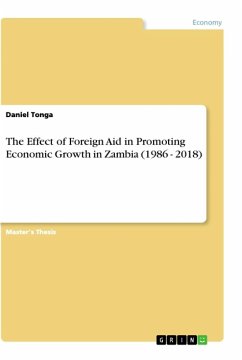Master's Thesis from the year 2008 in the subject Economics - Macro-economics, general, grade: A-, GC University (Department of Economics), course: M. Phil Economics, language: English, abstract: The topic of Foreign Capital Inflows (FCI) to Pakistan got much attention in empirical literature, but the existing literature on FCI about Pakistan mostly used the customary econometric tools like OLS, 2SLS, FIML and 3SLS for analysis. However, we know that most of the macroeconomic variables are non-stationary, which mandates the re-examination of the past studies using new time-series tools like cointegartion and ECM. Thus, the present book re-examines the macroeconomic role of Foreign Capital Inflows (FCI) in Pakistan through applying vector error correction model (VECM) on annual time-series data for the period of 1972-2006.The present study does not find any evidence for direct positive impact of aggregate FCI on GDP growth and Investment (capital formation). However, the study finds the positive (complementary) relationship between FCI and domestic saving, thus suggesting an indirect positive impact of FCI on GDP through supplementing domestic resources. These results seem contradicting i.e. positive relation with domestic savings but negative linkages with investment and growth. However, we can interpret it as that FCI is supplementing the domestic resources and there is a need and justification for FCI in Pakistan due the shortage of domestic savings. But, these inflows of foreign capital are not transforming in the productive investment and thus not boosting economic growth. As this study shows that most of FCI are of non-investment (non FDI) type and are concentrated in the selected non-export-oriented and less-employment-generating sectors. In addition, the present study finds that exchange rate depreciation and current account deficit causes more inflows of foreign capital in Pakistan. While FCI also results in increasing the import of goods and services in Pakistan.Subsequently, the present study suggests some policy recommendations like: (i) to target and identify the potential sectors for inviting the inflows of foreign capital, (ii) to change in composition of existing FCI, from non-FDI to FDI (investment) forms of FCI, (iii) to diversify the existing FCI from non-tradable and less job-oriented sectors to the tradable (export-oriented) and specially in agricultural-related manufacturing sectors, (iv) to mobilize the domestic resources, that will reduce the reliance on foreign assistance, and (v) to control the current account deficit and to stabilize the exchange rate, which will be helpful in reducing the reliance on foreign capital.
Hinweis: Dieser Artikel kann nur an eine deutsche Lieferadresse ausgeliefert werden.
Hinweis: Dieser Artikel kann nur an eine deutsche Lieferadresse ausgeliefert werden.

